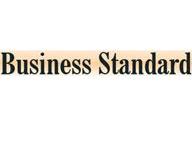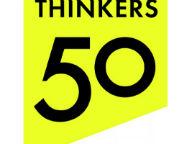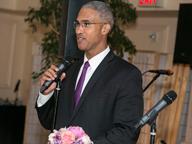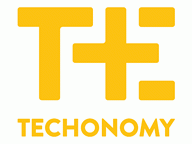School News
—
Unilever CEO Paul Polman's talk on the 21st Century Corporation with Professor Tensie Whelan at Stern is highlighted
—

Excerpt from Wall Street Daily -- "Polman is dedicated to securing Unilever’s role as a positive influence on the planet as well as the market. He’s dedicated to green energy, fair taxation, and innovations that help all kinds of people. Further, he’s keenly aware of the habits and patterns of consumers all over the world. His efforts will attempt to maintain Unilever’s sales and success, as, by 2020, millennials will have the majority of the U.S. vote. This rising generation is becoming more vital to the economy, and 80% of millennials want to work towards solving the issue of climate change."
School News
—

Excerpt from Wall Street Daily -- "Polman is dedicated to securing Unilever’s role as a positive influence on the planet as well as the market. He’s dedicated to green energy, fair taxation, and innovations that help all kinds of people. Further, he’s keenly aware of the habits and patterns of consumers all over the world. His efforts will attempt to maintain Unilever’s sales and success, as, by 2020, millennials will have the majority of the U.S. vote. This rising generation is becoming more vital to the economy, and 80% of millennials want to work towards solving the issue of climate change."





















